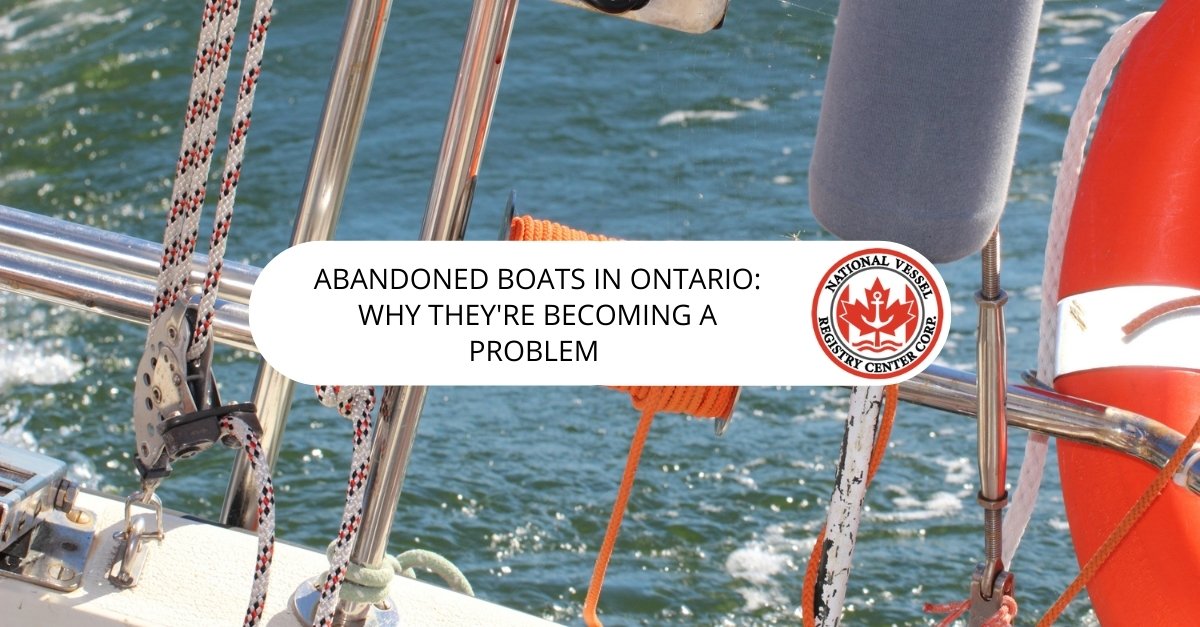Owning your own boat is a privilege that most will never know. Putting yourself in a position to purchase a boat can call for years of hard work and sacrifice, as they can be cost-prohibitive. For this reason, the majority of vessel owners cherish their boats, and in turn, they do everything they can to keep them in sterling condition. This means maintenance, routine cleaning, and maintaining current documentation. With all this in mind, it is hard to imagine that someone would recklessly discard their vessel, but in Ontario, abandoned boats are increasingly becoming a problem.
Lake Ontario, one of the Great Lakes nestled along Canada’s southern border has had an issue with nuisance boats for some time now. 2022, however, has been unique in its scope, with 41 abandoned or hazardous vessels found this year alone.
The Dangers of Abandoned Boats in Ontario
While it is true that getting rid of a boat is not easy, it is, in fact, illegal to simply strand them on the water. The penalties for doing this can be a $25,000 fine or up to six months in jail. Some delinquent boat owners are, however, forgoing the process of properly disposing of their boats and simply leaving them on the water with hopes that they will sink. Obviously, this can pose several problems.
The main concern with these discarded boats is the potential for pollution. As these vessels sit or sink with gas and oil in their engines, these materials can leak into the water causing serious damage to the ecosystem. Of course, these abandoned boats are also an eyesore for residents and visitors who have to view them, especially as they devolve into states of disrepair.
What is Causing the Uptick in Abandoned Boats?
Why would someone simply opt to abandon a boat? Well, the answer may lie in the current state of the economy and the pandemic. As financial situations for many have changed for the worse in recent years, the costs of boat ownership may have become untenable, leading some to simply cut their losses.
These abandoned vessels can also cause significant strain on government resources. As the Coast Guard, Transport Canada, and vessel owners themselves can only legally remove abandoned boats, a backlog of problem vessels can quickly form. While the authorities work to remove these vessels in a timely fashion, they are often limited in the resources available.
The ability for authorities to dispose of nuisance vessels is also relatively new. It was not until the 2019 passage of the Wrecked, Abandoned, or Hazardous Vessels Act that government agencies even began tackling this issue.
Exercising Responsible Boat Ownership
Properly caring for your boat is important. That means ensuring that it does not become unmoored, lost, or wrecked. Responsible boat ownership also means keeping current documentation for your vessel onboard at all times.
If you need to obtain vessel documentation, the National Vessel Registry Center can help. We are a private service that aids Canadian boat owners in getting their documentation online. To learn more, contact one of our helpful customer service agents today.


